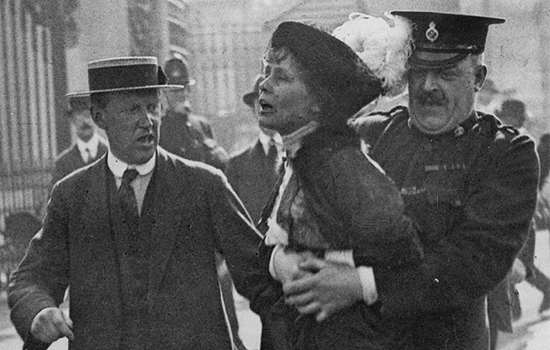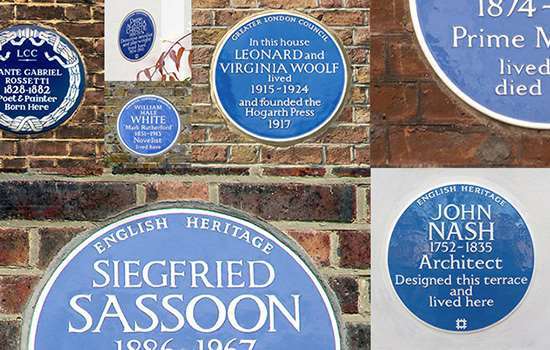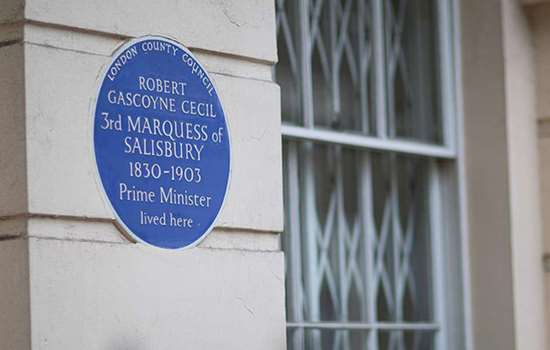COWARD, Sir Noël (1899-1973)
Plaque erected in 1995 by English Heritage at 131 Waldegrave Road, Teddington, TW11 8BB, London Borough of Richmond Upon Thames
All images © English Heritage
Profession
Playwright, Songwriter, Actor
Category
Literature, Music and Dance, Theatre and Film
Inscription
Sir NOËL COWARD 1899-1973 Actor, Playwright and Songwriter born here
Material
Ceramic
Sir Noël Coward achieved great popular success as an actor, playwright, director and songwriter, renowned for his flamboyance and wit. He wrote more than 50 plays and composed hundreds of songs, and is best known for his comedies of manners, many of which are still regularly performed today.
A blue plaque at 131 Waldegrave Road, Teddington, marks the house where he was born in 1899.
EARLY LIFE
Number 131 (formerly 5) Waldegrave Road, Teddington, a suburb of south-west London, is a late Victorian semi-detached villa. The house, then known as Helmsdale, had been the home of Noël’s parents, Arthur and Violet, since their marriage in 1890. His mother and father were both musical and had met in the choir at nearby St Alban’s Church; it was there that Coward was christened in February 1900.
Eighteen months after his birth, the family left Helmsdale – ‘An unpretentious abode/ Which, I believe,/ Economy forced us to leave/ In rather a hurry’, wrote Coward many years later – and moved to another house close by. They left Teddington altogether in 1904, a year that marked the start of a series of short sojourns in various south London suburbs. Eventually in 1917 they moved to Ebury Street, SW1, on the fringes of Belgravia, where Violet Coward took on a boarding-house.
SUCCESS
Coward’s mother was a devotee of the theatre and was keen to encourage her son to be a performer. A child prodigy, he made his professional début as an actor at the age of 12, and took the leading role of one of his own comedies, I’ll Leave It to You, in 1919.
He went on to establish himself as an internationally renowned playwright and composer with works such as The Vortex (1924) – his first major triumph – Hay Fever (1925) and Private Lives (1930). Such plays had an enormous impact, pushing the boundaries of what was acceptable, their surface wit and glamour often underlain by emotional depth and sexual complexity.
During the Second World War he wrote and co-produced the classic films In Which We Serve (1942), This Happy Breed (1944), Brief Encounter (1945) and Blithe Spirit (1945).
In his later years he remained the epitome of pre-war style and glamour, while reinventing himself as a cabaret singer, introducing his own songs – among them ‘Mad Dogs and Englishmen’ – to a new audience, and making guest appearances in such films as The Italian Job (1969). Hay Fever was the first play by a living author to be produced at the National Theatre, in 1964. In 1966 he wrote and starred in A Song at Twilight, about an elderly gay author who fears his sexual orientation will be exposed. Coward’s own homosexuality, while never acknowledged publicly, was an open secret.
Coward spent the last 25 years of his life largely in Jamaica, where he died in 1973. He was survived by his long-term partner, Graham Payn.
Coward’s plaque was erected in 1995 at the suggestion of the Twickenham Society and local residents.


